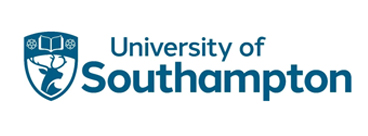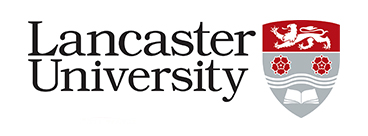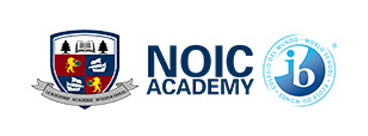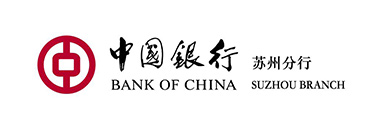21秋-新加坡管理大学-应用经济
背景介绍
申请难点
留学规划与提升

MSc in Economics (MSE)
院校解读
留学方案
案例分析
The Master of Science in Economics (MSE) programme feature a strong yet flexible core. We offer an entry path for students without prior training in economics, tracks that sharpen your focus and a wide range of electives in your chosen track. You will also enjoy the flexibility to take modules outside your track or programme for a fulfilling, personalised programme. The programme is available for part-time or full-time study.
- Applied Economics (full-time or part-time)
- Econometrics and Quantitative Economics (full-time, with part-time option if able to take weekday daytime classes)
Part-time study is available only to Singapore-based students (citizens, permanent residents, and those holding valid employment passes).
Programme Structure
The MSE is a 16 course unit (CU) programme. Students with strong economics knowledge and quantitative techniques may take the accelerated pathway, starting with the Core. Students from other disciplines who do not have the necessary training in economics theory and quantitative techniques are required to complete the Foundation component before proceeding with the rest of the programme.
*Exempted for students on accelerated pathway and students from partner universities.
From AY21/22, each course unit (CU) comprises ten 3hr sessions. The academic requirement for graduation is a Cumulative Grade Point Average (CGPA) of at least 2.50 out of 4.00.
Foundations (4CU)
The Foundations component is intended for strong students from non-Economics backgrounds who do not have the necessary training in economic theory and advanced quantitative techniques required by the MSE. Students with strong economics knowledge and advanced quantitative techniques are exempted from this component.
| MSE Programme Foundations |
|
| Choose four: Principles of Economics 1, Principles of Economics 2, Statistical Inference, Mathematics for Economics, Further Mathematics for Economics, Finance, Financial Modelling and Analytics |
Core (3CU)
The MSE Core equips students with rigorous knowledge in microeconomics, macroeconomics, and econometrics, which provides the analytical framework on which sub-areas of economics are built. Students with very strong quantitative skills may apply to take the PhD level versions of these courses.
| MSE Programme Core |
|
| Microeconomic Analysis, Macroeconomic Analysis, Econometric Analysis |
Track Electives (5CU)
Choose 5CU from single track to attain track status. Not all courses are available every year, course titles and content subject to change, new courses added from time to time.
| Applied Economics |
Econometrics and Quantitative Economics |
| Health Economics |
Spatial and Panel Econometrics |
Open (2CU)
To enhance the academic experience and holistic development of the postgraduate students, flexibility is given to take courses from any track. Up to 1CU may be taken from other SMU Masters programmes. The recommended courses from other programmes for the respective tracks are as follows:
AE : Business Law, Strategic Management, Python Programming and Data Analysis
EQ : Python Programming and Data Analysis
Other courses from other programmes that may be available include:
Digital Banking & Trends (MITB), Information Tech Law (Asian & Global Trends in Information Tech Law) (LLM), Blockchain & Governance (LLM), Managing for Value Creation (MSA), Design Thinking for Opportunity Recognition & Innovation (MI), Data Management (MITB), Intellectual Property Law and Policy: International and Asian Perspectives (LLM), Law of Mergers and Acquisitions (LLM), Accounting Information Systems (MSA), Strategic Communication Management (MCM).
Industry (1CU)
To satisfy the industry requirement, students have the flexibility to choose one of the following options:
- 10-week Internship
- Capstone Project
Students with relevant prior industry experience are exempted from the industry requirement, and may replace the internship requirement with an elective course.

















